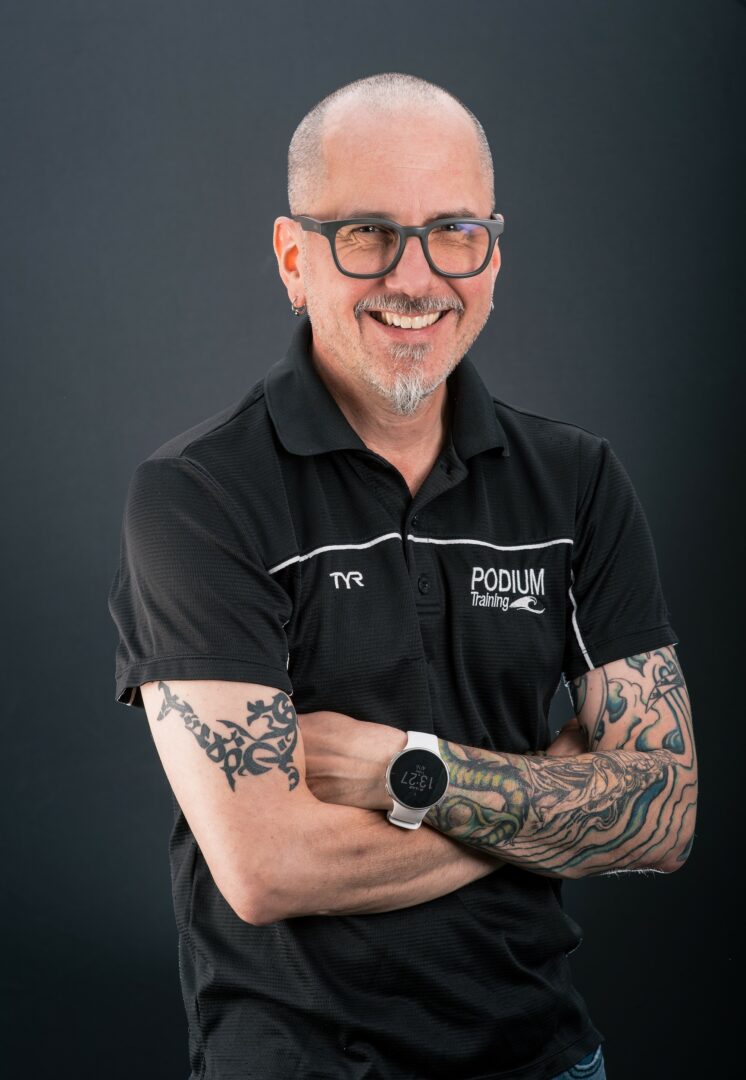We caught up with the brilliant and insightful Dave Burgess a few weeks ago and have shared our conversation below.
Hi Dave, thank you so much for opening up with us about some important, but sometimes personal topics. One that really matters to us is overcoming Imposter Syndrome because we’ve seen how so many people are held back in life because of this and so we’d really appreciate hearing about how you overcame Imposter Syndrome.
That’s such a great question, because I think everyone suffers from that at one time or another. I didn’t overcome imposter syndrome in any specific moment. It’s really more of an ongoing process of learning to recognize it and work through it. For me, I can remember the first time I was presenting a coach education webinar for USA Triathlon. It was a live event, and all the self-doubt, and questioning what I was doing, was running through my mind. I was sure that a question was going to be asked, and I wasn’t going to know the answer and it would be apparent that I didn’t belong there. But you know what? About halfway into the presentation I realized that every question thrown at me was one that I was able to answer with confidence.
It took a couple of those moments, but eventually I was able to focus on letting results from whatever I did professionally speak for themselves. That’s not to say that I’m “cured” of imposter syndrome. I’m not sure that ever really goes away. But knowing deep down that I’m a professional, and an expert in my field, makes dealing with that easier. And with time and experience it just starts to fall into the background.
I’m also more comfortable admitting what I don’t know, which ironically gave me even more confidence. Those questions do come up, but being able to say “hey, that’s a great question, I’m going to have to look into that” isn’t as scary as one might think.
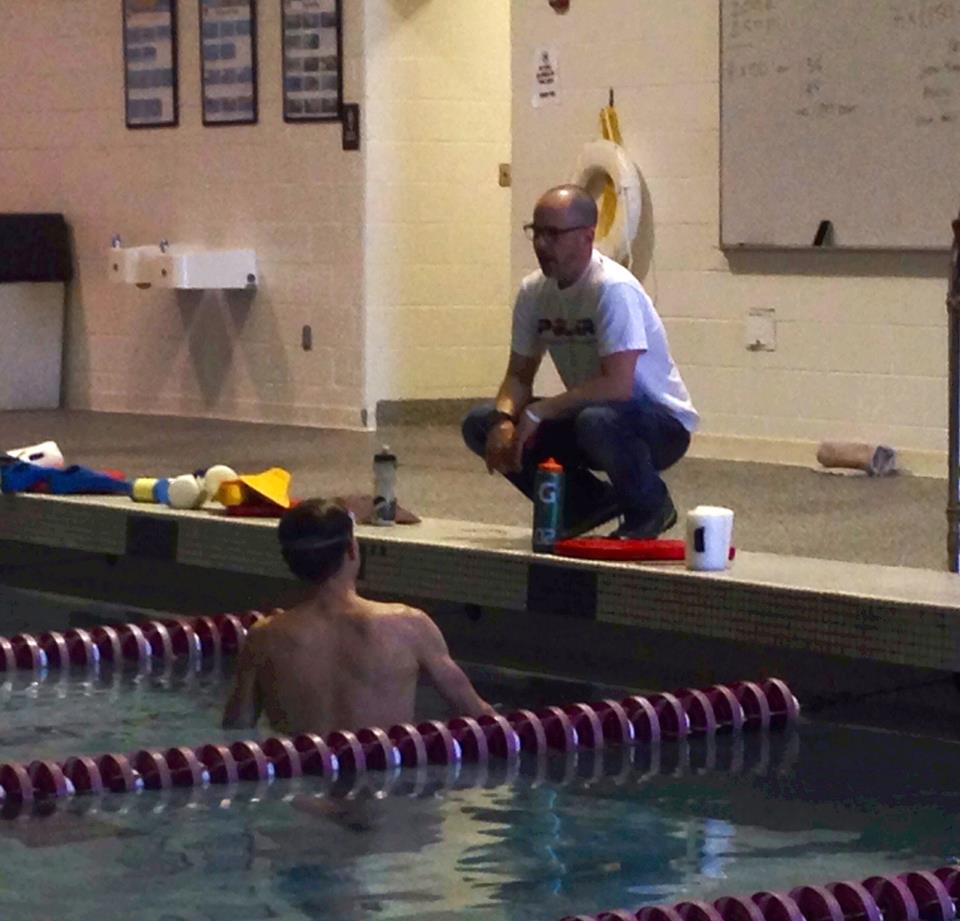
Thanks, so before we move on maybe you can share a bit more about yourself?
Being an athlete and being involved in sports has always been a part of my life. I was a swimmer growing up and swam competitively into my collegiate years. But triathlon was a sport that I absolutely fell in love with. As my days of being a triathlete came to an end, I knew that I wanted to keep that sport in my life moving forward. I obtained my coaching certifications, and the results have been nothing but rewarding.
I help people become stronger, more confident athletes in the world of triathlon and swimming. What I love most is seeing someone surprise themselves. That moment when a person who once doubted they could swim a lap or finish a race suddenly realizes they can. That is very rewarding. It’s not just about fitness and endurance, it’s about transformation.
I run a focused coaching business that specializes in triathlon and swim performance. I work with athletes who are ready to train with purpose, whether they’re aiming to hit a new personal best, build confidence in the water, or refine their strategy for long-course racing. What sets my approach apart is the level of individual attention and the depth of experience I bring.
It’s a lean model by design. I don’t carry a lot of athletes at any given time so I can deliver high-quality coaching without spreading myself thin. My athletes benefit directly from that.
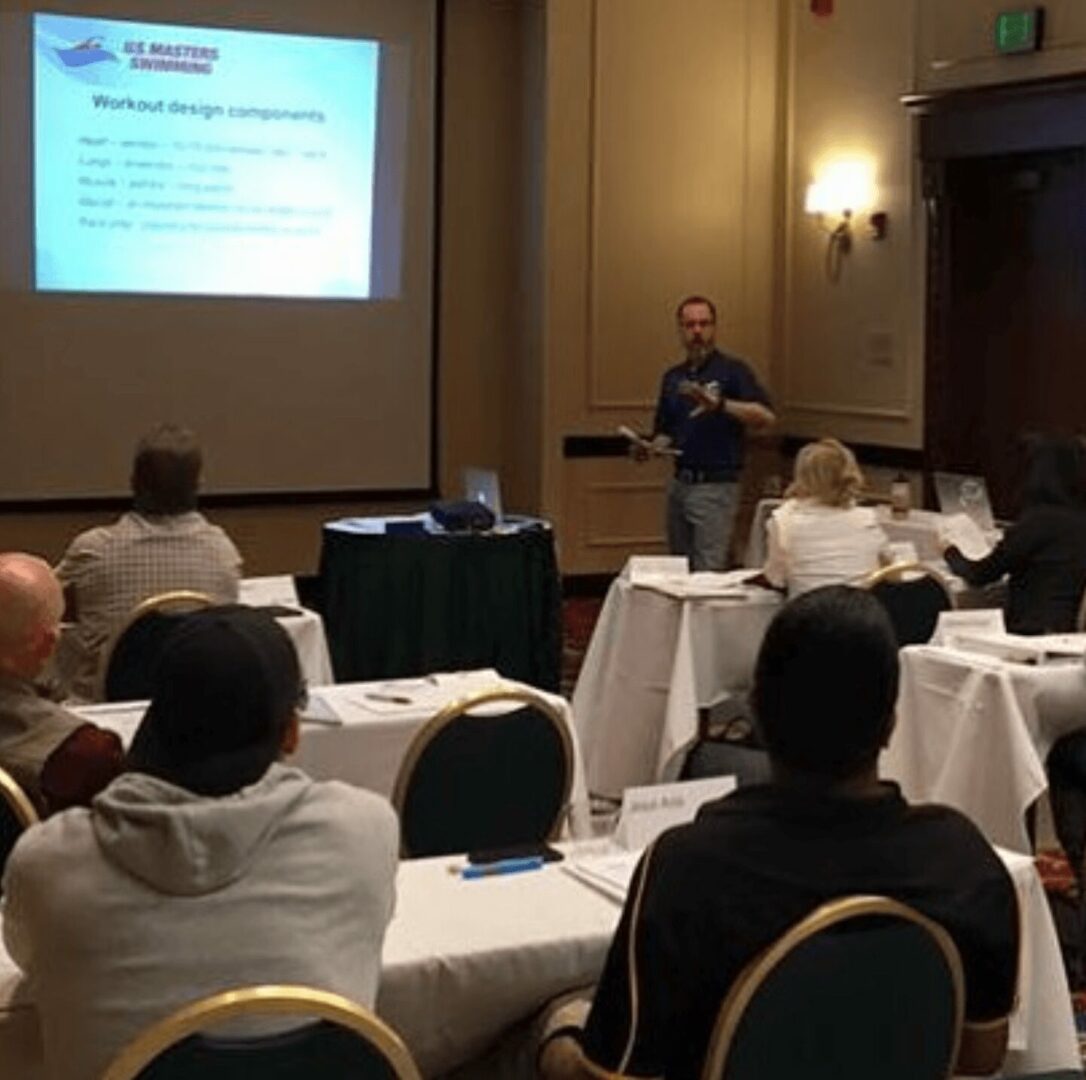
There is so much advice out there about all the different skills and qualities folks need to develop in order to succeed in today’s highly competitive environment and often it can feel overwhelming. So, if we had to break it down to just the three that matter most, which three skills or qualities would you focus on?
What was most impactful to me? That’s a tough one. Triathlon being a multisport event requires quite an amalgam of skills and abilities. So even the entry-level coaching certification was just a sampling of the information required to really work with athletes and obtain gains and results.
I’d have to say that first and foremost, ensuring that my education never ends. I can’t tell you how many times my approach to an aspect of coaching has changed as technology and philosophies towards one area or another evolve. There’s always a better way to do something, we perhaps just haven’t figured it out yet. Staying on top of physiological impacts of new training prescriptions is critical to being a good coach. You can’t keep prescribing the same old workouts over and over again.
Equally as important is understanding where an individual is in their journey. The best coach in the world isn’t going have a lot of success if they’re not on the same page as the athlete. Treating someone like a professional triathlete when all they want to do is finish their very first triathlon isn’t going to be a successful journey. Understanding the athlete and their motivations allows for the customization of the approach taken with them.
I’ll also add that, having been a triathlete, I understand the time commitment that is required to properly train for long-course races – and events in general. Coming from a swimming background, I also understand how challenging that sport can be for someone new to it. Mechanics and efficiency are not easily learned or integrated into training. At times, training for a triathlon can be a part-time job. Knowing how that fits into work and the personal life of an individual helps a lot.
I’ll add that there’s lots of advice for new athletes out there online. But here’s a couple quick thoughts:
The best advice I ever received was from a fellow triathlete when I was just starting out. Like many triathletes I was “all in”. Already looking at Half Ironman races when I hadn’t even done my first Olympic distance race. My friend told me to “start small, have fun first”. What did he mean? Do a sprint triathlon, do a few more. Enjoy it. Then look to doing an Olympic distance race. The longer the race distance, the more training time is required, and while it is still enjoyable – the journey is the destination after all – it can become a part-time job. Have fun first, see if you really like it. Then venture into more serious goals.
My personal advice? If swimming is new to you or is your weakest discipline of the three (swimming, cycling, running) seek out a local US Masters Swimming club. Have a certified coach get eyes on you and evaluate your swimming stroke. Many triathlon coaches are excellent swimming coaches as well, but if they’re not local, then you need to seek out assistance with the mechanics of swimming
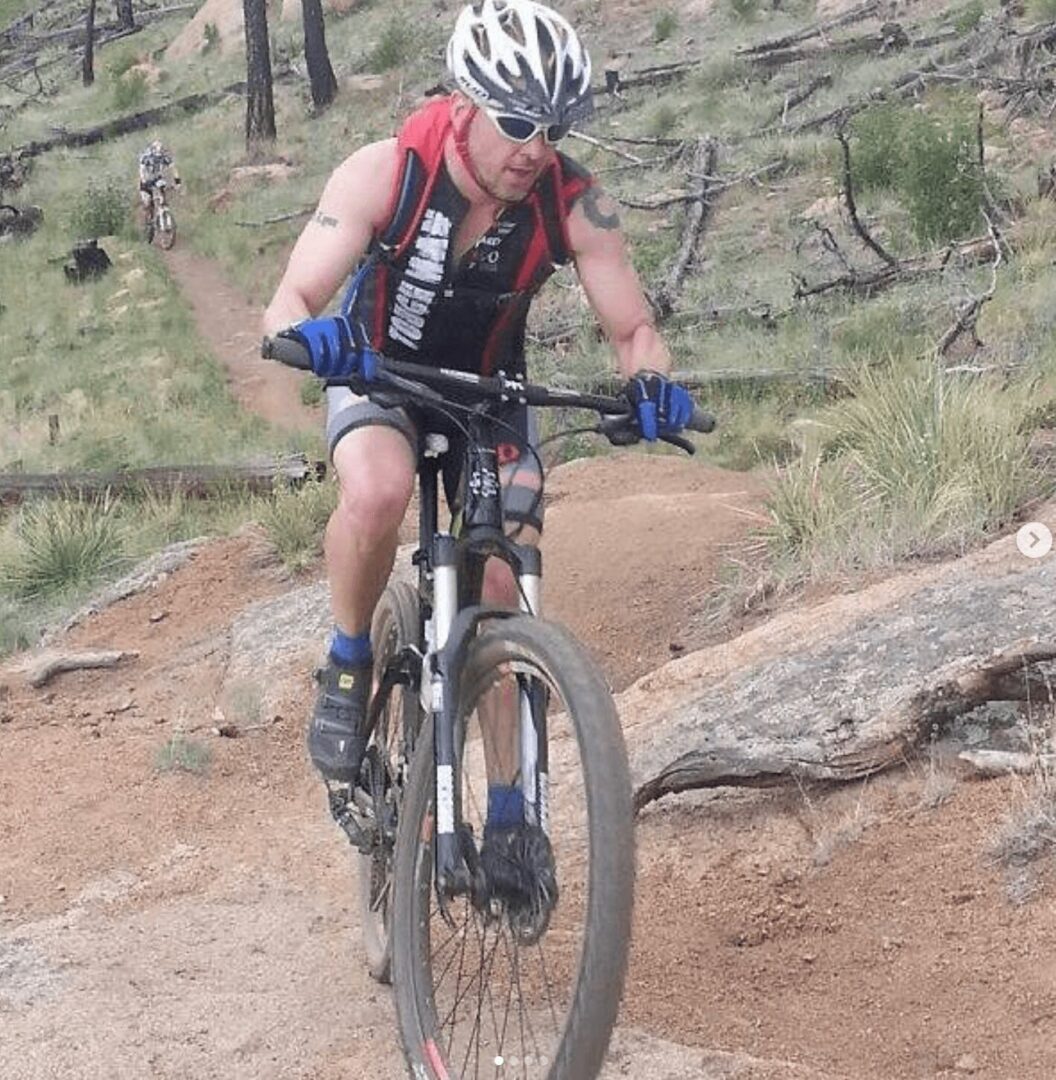
What’s been one of your main areas of growth this year?
I’ve realized, thanks to my wife, that taking care of oneself is critical. Not just in the here and now but looking ahead to the future. Ensuring your longevity and vitality as you grow older. Not just physically. But cognitively as well.
Many people assume that if you’re fit now, you’ll continue to be fit when you become older. This isn’t always the case. It seems like an obvious observation, but it’s so easy to start taking it easy, and not paying attention to how you’re caring for your body and mind.
Movement is so important to maintain as we age. It’s crucial to maintain a fitness regime no matter what it is. Walking, cycling, tennis, swimming, it doesn’t matter. Don’t stop moving. Your future self will thank you.
And going hand in hand with taking care of yourself physically, eating well is equally as important. You care for your body and mind with the nutrients you ingest. Make sure you stay cognitively healthy as well as physically healthy by eating good whole foods, and paying attention to what you eat.
Contact Info:
- Website: https://www.podiumtraining.com
- Instagram: @coachdaveburgess
- Facebook: https://www.facebook.com/PodiumTraining
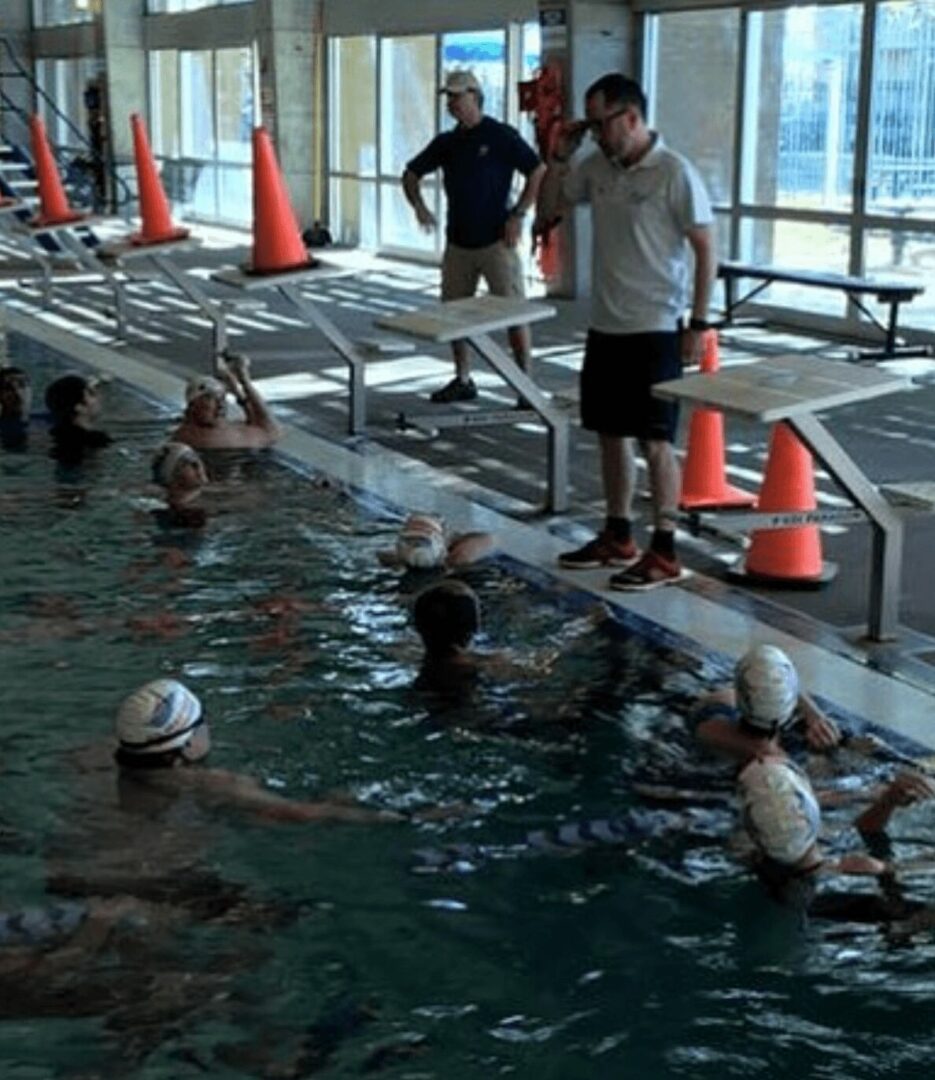
Image Credits
Allison Daniell Moix
so if you or someone you know deserves recognition please let us know here.

